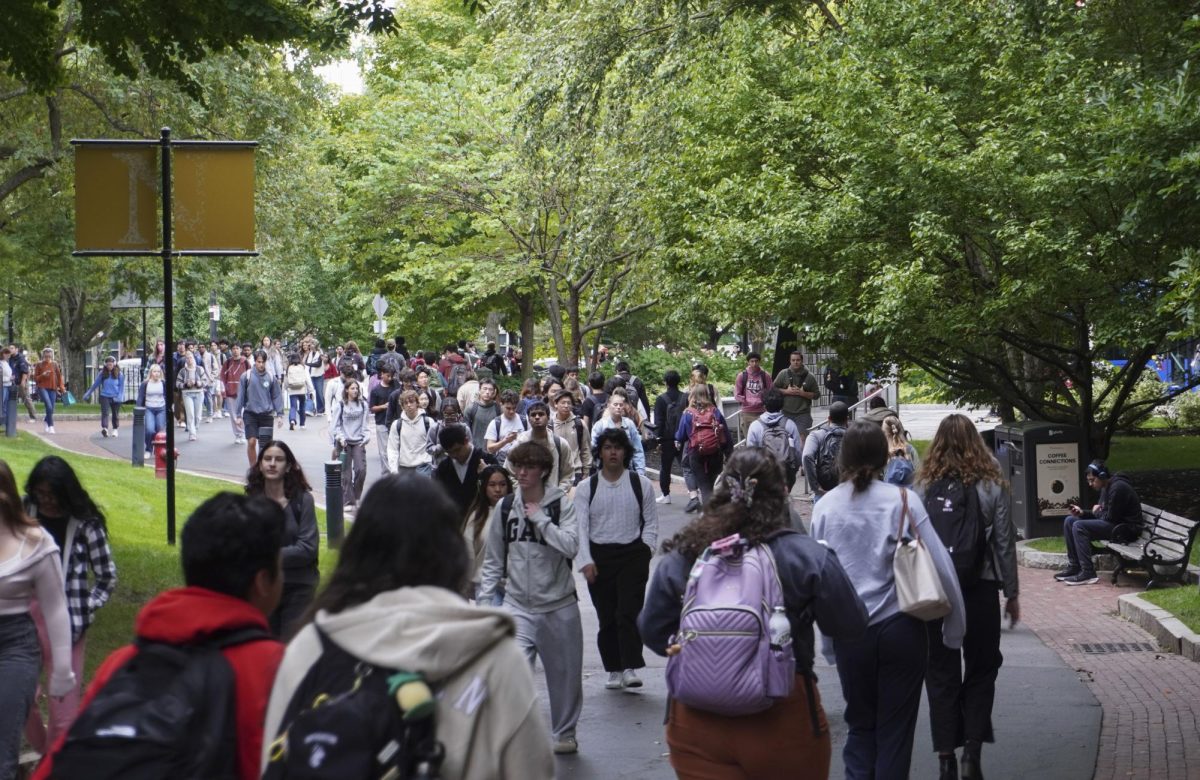By Daniel Stoller
Almost three months after the federal government’s fiscal year began on Oct. 1, President George W. Bush signed into law an omnibus bill that includes the budget for almost every federal program. There has been some criticism of the bill, especially in the education and research fields, both of which saw previously promised funding disappear. The federal government, in the form of various research organizations, funds much of the research undertaken at Northeastern, said Northeastern Research Director Horst Wittmann. Because of this, the new research that is to be a part of the academic initiative plan may be jeopardized. “The impact of these funding cuts will be felt in the new start, which we are planning at Northeastern,” Wittmann said. “As far as curtailment of new programs, it isn’t clear what the impact of the cuts is going to be. It’s going to be grim, but I don’t know how it will percolate down to the university level.” Physical science is one of the areas hardest hit, as evidenced in an e-mail sent by Michael Lubell, director of public affairs for the American Physical Society. Describing the funding cuts as “devastating to significant programs in the physical sciences,” Lubell’s e-mail presented the major science programs to be affected. Lubell said national scientific research organizations, like the National Science Foundation, were supposed to receive funding increases of up to 20 percent. These were part of a presidential 10-year plan to increase science research, and raise the United States’ scientific prowess in the world. “The omnibus bill is a disaster for the very sciences that our political leaders have repeatedly proclaimed essential for our national security, economic vitality and environmental stewardship,” Lubell wrote. “Several reports have suggested a picture less bleak, but they do not take into account the effects of either earmarks or inflation. In fact, numerous programs will have to be trimmed or canceled.” Current research at Northeastern, and proposals that were submitted under the auspices of increased funding, will most likely not be affected, Wittmann said. “The school has submitted between 10 and 15 proposals for [new] career-related programs.









